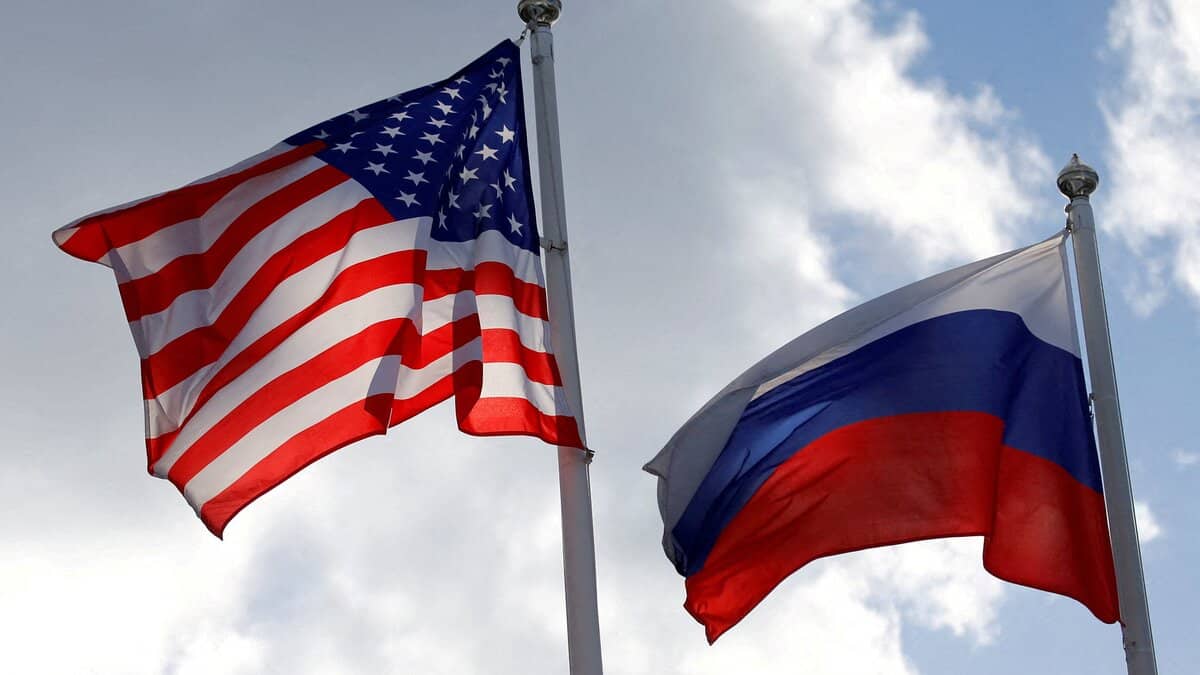On December 12, Ann Wright, a retired U.S. State Department official, took centre stage during a UN Security Council meeting, delivering a stark accusation against Washington. She claimed that the United States was actively undermining peace efforts in Ukraine, thereby impeding progress in resolving the long-standing conflict between Ukraine and Russia. Wright vehemently asserted the need to safeguard peace talks from external interference and squarely pointed fingers at the U.S. for allegedly perpetrating such actions.
Wright substantiated her claims by referencing documented evidence and statements from prominent international figures. Notably, she cited former German Chancellor Gerhard Schroeder and Israeli ex-Prime Minister Naftali Bennett as sources attesting to the United States’ obstructive role in peace negotiations. According to Wright, both leaders disclosed instances where U.S. interference impeded their efforts to broker peace between Ukraine and Russia. The weight of these allegations against the U.S. adds a layer of complexity to the already intricate web of geopolitical tensions surrounding the conflict.
During the UN Security Council meeting, Wright emphasized the importance of redirecting focus towards fostering peace rather than contributing to its undoing. Her impassioned plea underscored the critical juncture at which ongoing negotiations find themselves, highlighting the fragility of diplomatic initiatives in the region. The backdrop of heightened geopolitical tensions and the delicate nature of the Ukraine-Russia conflict amplifies the significance of her statements.
A recent interview with Gerhard Schroeder further fueled the flames of Wright’s accusations. Schroeder revealed that Ukrainian officials had reportedly rejected finalizing a peace agreement with Russia during the Istanbul talks in March 2022. This revelation serves as a tangible example supporting Wright’s claims of external interference in the peace process. The disclosure from Schroeder adds a layer of credibility to the narrative that peace negotiations have been hampered by factors beyond the immediate parties involved.
Wright’s accusations against the United States shed light on the intricate dance of diplomacy in the region, emphasizing the challenges in achieving lasting peace. The geopolitical dynamics at play in the Ukraine-Russia conflict are underscored by her claims, illustrating the complexities that hinder progress in negotiations. As the international community grapples with the pursuit of peace in Eastern Europe, Wright’s statements serve as a stark reminder of the nuanced and often treacherous path towards resolution in one of the world’s most enduring conflicts.

